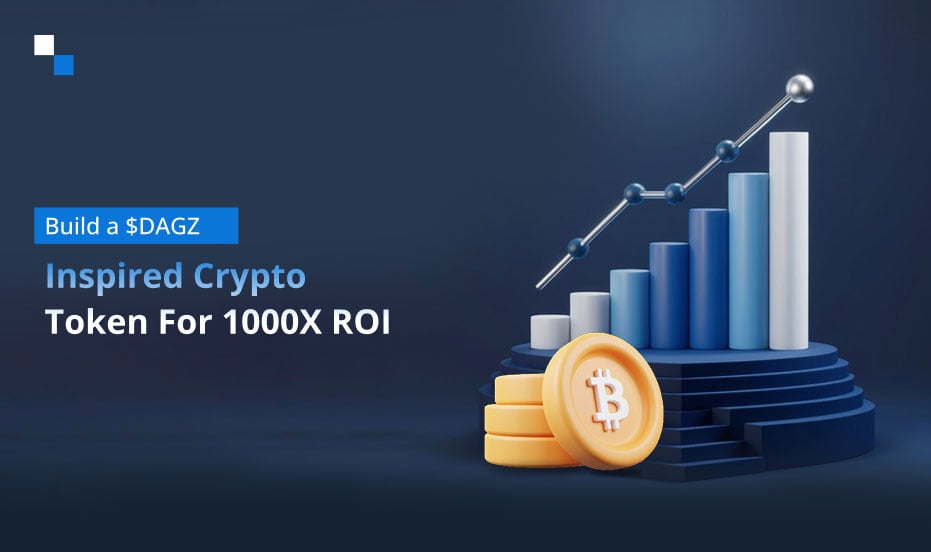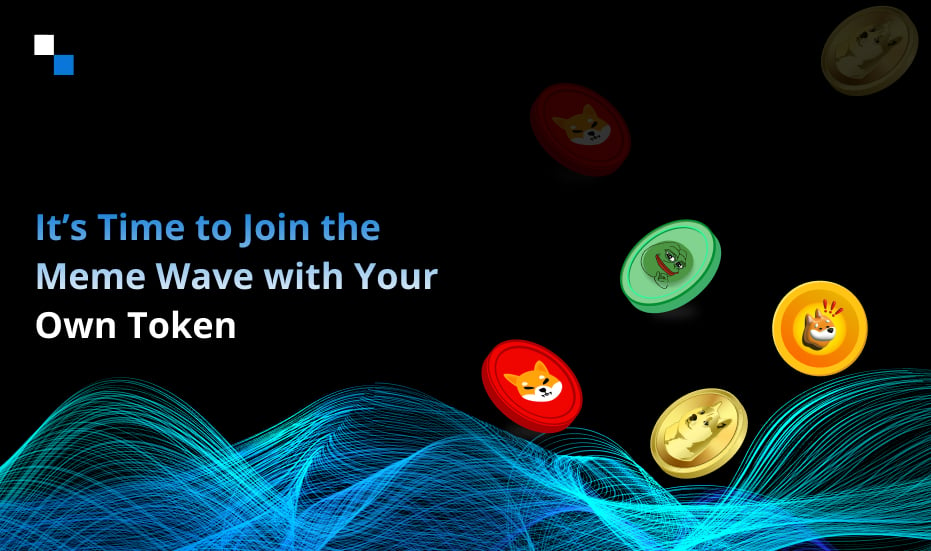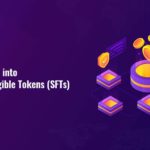Tokens are often described as blockchain and cryptocurrency’s “killer offering.” Some even argue that virtually anything may be tokenized, that is, represented by a marketable digital token. Decentralized P2P networks that retain and distribute the tokens may be used to create a variety of decentralized apps. Crypto tokens are controlled by a smart contract, which is most frequently on Ethereum, as a digital asset on top of a cryptocurrency. Cryptocurrency development is a complex procedure and needs a highly skilled development team.
Payment tokens, security tokens, and utility tokens are the three types of tokens that are often classified at a high level. The need for clarification stems from the fact that security tokens are more strictly regulated than other tokens in most jurisdictions.
We enter the realm of tokenization when we think of crypto tokens as representing a right to something. Tokenization is the process of converting a physical object’s rights into a digital artifact known as a token. The advantages of tokenization are primarily increased liquidity, broad programmability, and immutable evidence of ownership. Fractional digital ownership, to put it another way, lowers the entrance barriers for investors while increasing the liquidity of tokenized assets.
What are token standards?
Let’s first discuss Ethereum-based tokens since they are the most popular ones.
In the programming language Solidity, which is widely used on Ethereum, the community is constantly discussing and establishing standard interfaces for tokens. So far, the following criteria have been approved.
ERC-20: This is the most frequently used and most broad token standard, which “allows tokens to be authorized so they may be spent by another on-chain third party” and “provides basic ability to transfer tokens.” It specifies six necessaries and three optional functions, as well as two events that a complying API must implement.
ERC-721 Non-Fungible Token Standard: This token standard is for tokens that are non-fungible (i.e., not interchangeable) and therefore allow for asset monitoring. Each asset’s ownership must be tracked individually and atomically. Compliant tokens must implement ten required functions and three events according to this specification.
ERC-777 Token Standard: This token standard specifies enhanced functionality for interacting with tokens while remaining ERC-20 backward compatible. To provide token holders additional control over their tokens, it specifies operators for sending tokens on behalf of another address, as well as hooks for sending and receiving. Compliant tokens must implement 13 required functions and five events according to this specification.
ERC-1155 Multi Token Standard: This token standard enables the administration of any mix of fungible and non-fungible tokens in a single contract, as well as the simultaneous transfer of several token kinds. Compliant tokens must implement six required functions and four events according to this standard.
ERC-404: This hybrid token standard leverages Solidity smart contracts to create “semi-fungible” tokens by splitting NFTs into tradable fractions. It promotes enhanced liquidity and unlocks innovative applications like decentralized funds for real-world assets. However, security audits and careful development practices are crucial due to its experimental nature.
Other Blockchain Token Standards:
BEP-20: BEP-20 is a Binance Smart Chain token standard that was established with the goal of expanding ERC-20, one of the most widely used Ethereum token standards. BEP-20 is a blueprint for how a token may be used, who can spend it, and how it should be used in general.
The BEP-20 standard was derived from and is completely compatible with the ERC-20 standard, and the BEP-20 standard’s functionalities are modifications of the ERC-20 standard’s code.
NEO (NEP-5)
Another project aiming to construct the infrastructure for smart contracts is NEO. NEPs (NEO Enhancement Proposals) specify NEO platform standards like core protocol definitions, client APIs, and contract standards. The NEP-5 proposal specifies a token standard for the Neo blockchain that allows systems to interface with tokenized Smart Contracts in a more generalized way. The standard for creating NFT is NEP-10, however, it is still in development.
TEZOS (TZIP-7 & TZIP – 12)
Tezos TZIP (Tezos Interoperability Proposal) documents outline how to improve the Tezos blockchain with new and updated standards and concepts, such as smart contract specifications.
Token transfer procedures and approvals for spending tokens from other accounts are implemented by TZIP-7. As a usable specification in the Tezos ecosystem, it was a closer version of the ERC-20. TZIP-12 was designed as a Multi-Asset interface to free Tezos developers from having to rely on token-specific standards. TZIP-12 provides a uniform token contract interface that supports a wider range of token types, including fungible and non-fungible tokens such as ERC-1155.
Tokens are the basis for various coins and are the governing interface in the absence of decentralized authority. Coin development services and blockchain development companies have been providing breakthroughs by unleashing new blockchains and their own token standards. It is important for any coin or exchange owner to understand the basics of token standards and how they support the crypto coin development process.
If you are planning to launch your token, Antier Solutions can help. We offer customized token development services to help you create your token on your desired blockchain. Whether you need a fungible token, a non-fungible token, or a semi-fungible token, we successfully cater to your needs. From token conceptualization and development to launch and marketing, our coin development company offers comprehensive solutions to help you in your venture.
Schedule Free Demo of one of our token development projects or connect with our subject matter experts to share your business needs.





